Connect with us
News
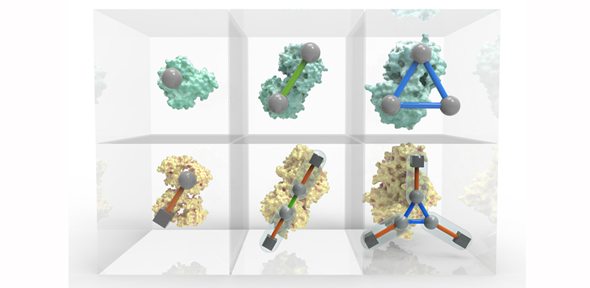
The periodic table of proteins
Researchers have devised a periodic table of protein complexes, making it easier to visualise, understand and predict how proteins combine to drive biological processes.
10 December 2015
News
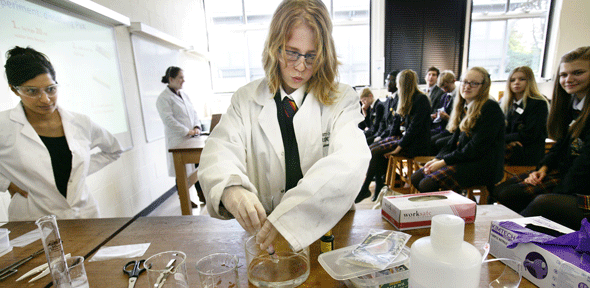
Raising aspirations in local schools
Members of a Cambridge University access group dedicated to raising aspirations in Cambridgeshire and Peterborough state schools have arranged over 51,000 interactions with local students, a new report reveals.
9 December 2015
News
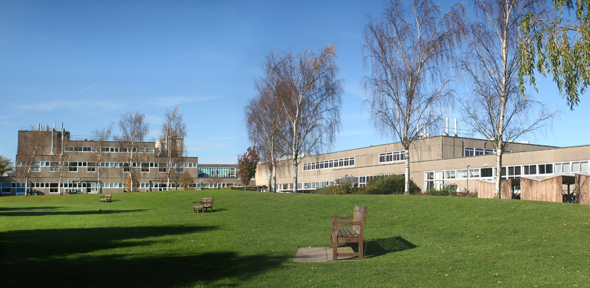
£75 million investment for University’s Cavendish Laboratory
The Government has announced a £75 million investment in the University of Cambridge Cavendish Laboratory as part of Wednesday's Spending Review. This will be matched with a further £75 million from the University to transform the Cavendish, helping maintain Britain’s position at the forefront of physical sciences research.
25 November 2015
News

Understanding the Paris Climate Summit
An event taking place next week in Cambridge will highlight some of the key scientific, technological and policy issues relevant to the Paris climate summit which begins later this month.
13 November 2015
News
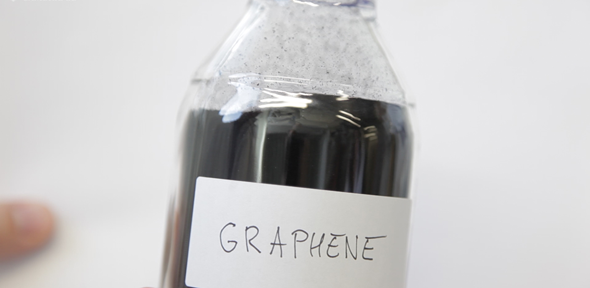
Graphene means business – two-dimensional material moves from the lab to the UK factory floor
A major showcase of companies developing new technologies from graphene and other two-dimensional materials took place this week at the Cambridge Graphene Centre.
6 November 2015
News
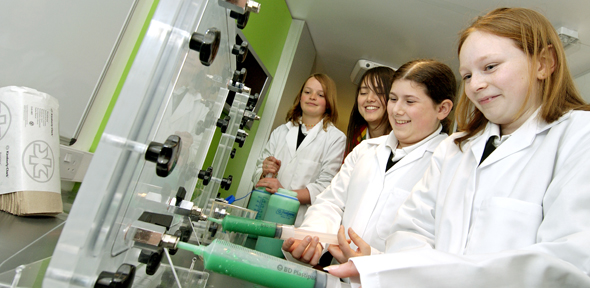
Opinion: Girls can have it all: how to stop the damaging gender stereotyping in schools
Professor Dame Athene Donald (Cavendish Laboratory) discusses actions that schools can take to eradicate unnecessary gender stereotyping.
3 November 2015
News
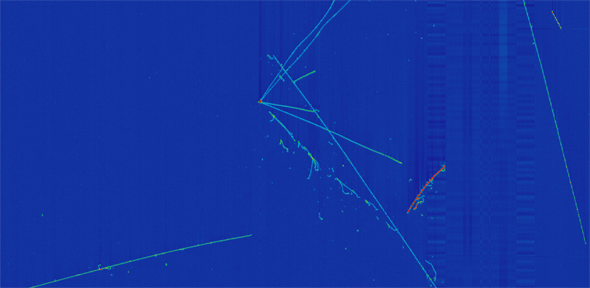
First evidence of ‘ghost particles’
Major international collaboration has seen its first neutrinos – so-called ‘ghost particles’ – in the experiment’s newly built detector.
2 November 2015
News
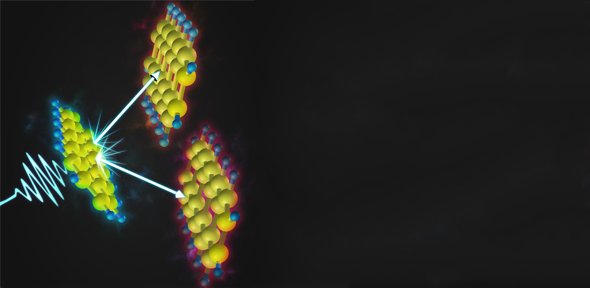
Entanglement at heart of ‘two-for-one’ fission in next-generation solar cells
The mechanism behind a process known as singlet fission, which could drive the development of highly efficient solar cells, has been directly observed by researchers for the first time.
26 October 2015